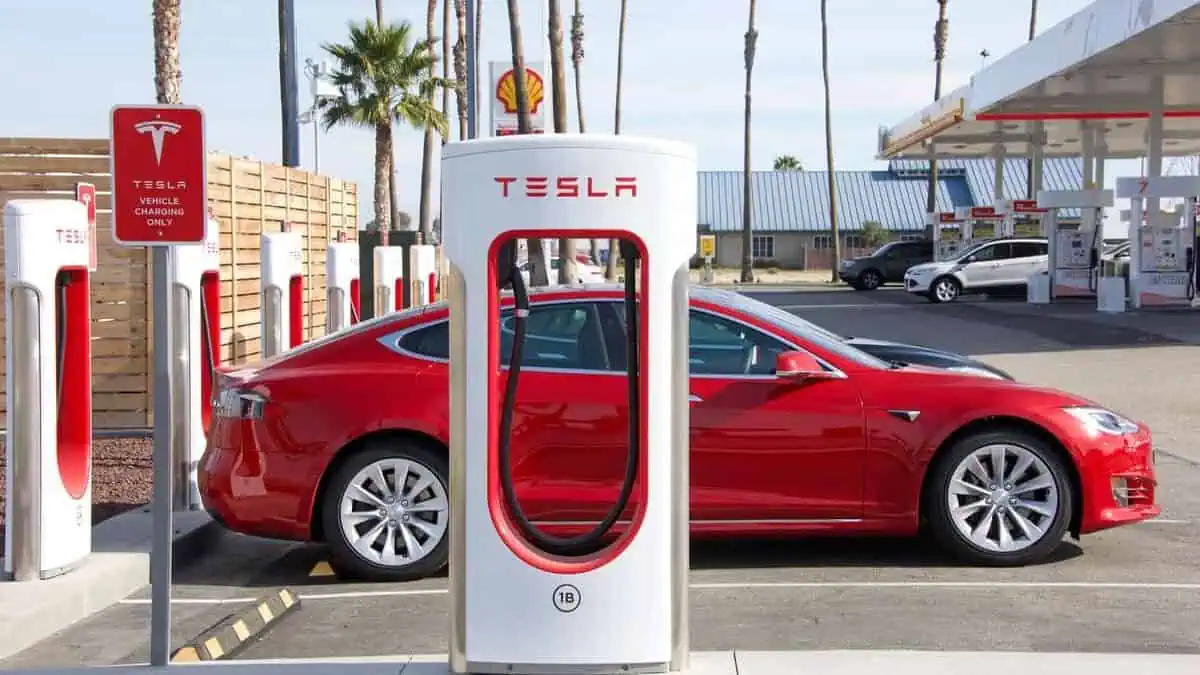Chancellor Jeremy Hunt ushered the formal opening of the United Kingdom’s largest electric vehicle hub in Birmingham last Thursday, The Guardian reported. During the ribbon-cutting event, he emphasized the significant role of the “Gigahub” in accelerating the expansion of the necessary charging infrastructure throughout the country.
About the Gigahub
The multimillion-pound Gigahub is strategically located at Birmingham’s NEC conference center, according to the press release. It is along the UK motorway network near the M42, M6, and A45 that would soon become the country’s new HS2 rail station.
Remarkably, the charging hub has the capacity to charge up to 180 EVs simultaneously in just 15 minutes. According to the report, it has 150 7kW AC charging stalls and 30 ultra-fast 300KW DC chargers that can charge an average passenger vehicle in just around 15 minutes.
Fleet News indicated that the 300KW DC chargers cost 85p per kWh with free parking, while the 7kW chargers cost 59p/kWh and £12.50 parking fee for the day. Notably, BP Pulse subscribers can receive a 20% discount.
Gigahub will make up the country’s highest concentration of ultra-fast chargers in a single site following the largest private investment in its charging network.
“This is the biggest private investment in electric charging in the UK and is a huge vote of confidence in Britain’s role as a leader in green industries.”
Chancellor Jeremy Hunt
Project proponents
Electric vehicle charging company BP Pulse, The EV Network (EVN), and NEC Group are the primary proponents of the groundbreaking Gigahub in the UK.
BP Pulse UK committed to a maximum investment of £1 billion to boost the UK’s charging network expansion and development by offering “the right charging speeds, in the right locations.”
“We plan to roll out hundreds of hubs this decade in places EV drivers needs them – urban areas, on trunk roads and motorways and at destinations such as restaurants, retail parks and hotels.”
Akira Kirton, BP Pulse UK VP
EV Network CEO/co-founder also noted that the country’s current electrical grid remains a barrier to fast charger deployment.
“This is why sites like [the Birmingham NEC] are all about the grid connection and their vicinity to electrical infrastructure. We’re envisaging a situation where 30 cars turn up at the same time and draw maximum power. The site is designed in such a way that if all the sockets are in use at the same time the grid can cope with providing enough power for everybody.”
Reza Shaybani, EV Network CEO/co-founder
Benefits
The new Gigahub will undoubtedly advance as the UK’s key transport center. It will also accelerate the government’s efforts to expand its charging network amid the rapid growth of electric vehicles.
It can potentially cater to the seven million people visiting the NEC Center every year, on top of those just passing by.
Notably, the traffic tallies around the site are up to 60 million/year. That said, the Gigahub will certainly be a “well-used” charging station by EV owners.
See Also:
- The UK government spends £56 million on EV charging stations
- The UK Government announces a plan to increase Smart Charging Infrastructure
- Jaguar and Land Rover charging comes to the UK
- UK Government: Over £20 million to build 1,000 EV charging points in England
- UK’s new law, to force the EV charging network to operate with 99% reliability
The Gigahub is the third charging hub in the UK after those in Park Lane and Gatwick airport. It will play a significant role in the UK’s electric vehicle adoption by attracting more people to join the shift to e-mobility without worrying about charging infrastructures and range limitations.






